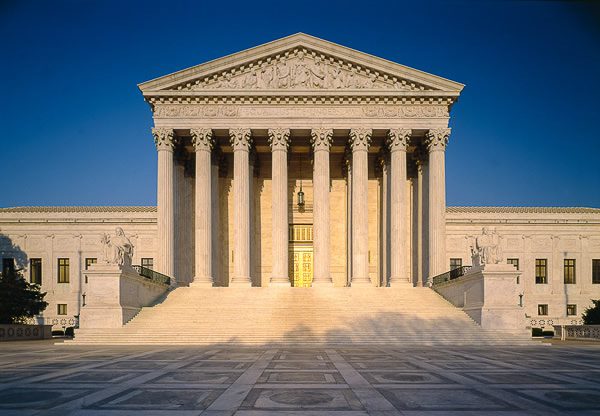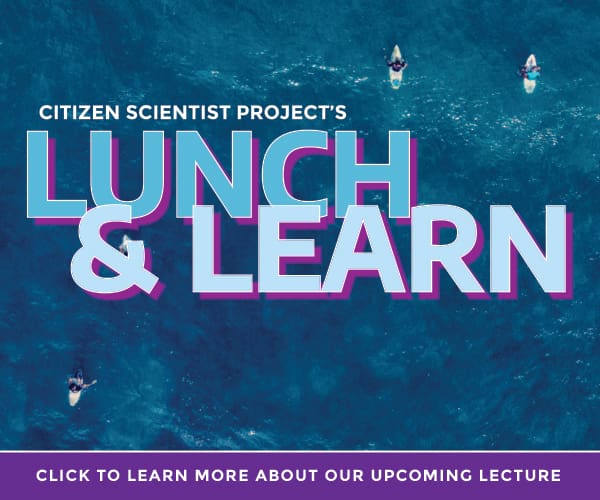There was talk of drone strikes and presidential bribes, of a potential ruling “for the ages” and of the Founding Fathers, too. The presidential race went unmentioned but was not far from mind.
The Supreme Court heard more than 2 1/2 hours worth of arguments on the landmark question of whether former President Donald Trump is immune from prosecution in a case charging him with plotting to overturn the 2020 presidential election.
Though the justices appeared likely to reject Trump’s absolute immunity claim, it seemed possible he could still benefit from a lengthy trial delay, possibly beyond November’s election.
A look at some of the many notable moments:
‘A RULE FOR THE AGES’
Justice Neil Gorsuch conveyed concern that prosecutors, or political opponents, could have bad motives in pursuing political rivals. Michael Dreeben, a lawyer for special counsel Jack Smith’s team, responded that this fear was inapplicable in this case.
“I appreciate that,” Gorsuch said. “But you also appreciate that we’re writing a rule for the ages.”
“This case has huge implications for the presidency, for the future of the presidency, for the future of the country, in my view,” said Justice Brett Kavanaugh, a Trump appointee who served in the George W. Bush White House and is generally seen as a staunch protector of presidential power.
WORDS NOT SPOKEN
Trump’s name was barely uttered, and mostly in the context of the formal title of court cases.
Yet there’s no question that the 2024 election was the proverbial elephant in the room, and in that sense, the words not spoken were almost as loud as those that were.
Hovering in the background of Thursday’s session was the tacit acknowledgment that the court is helping decide not only whether Trump is immune from prosecution but also whether he can stand trial before of the vote.
While the court seemed highly skeptical of Trump’s bid to dismiss the case, several justices suggested it may have to be sent back for more legal wrangling before the case could go to trial.
Such a ruling would almost certainly delay the trial until after the election. That would be a victory for Trump because, if he defeats President Joe Biden in November, he could presumably order his new attorney general to dismiss the case, or issue a pardon for himself.
Justice Amy Coney Barrett and others repeatedly tried to pin down Trump’s lawyer and Smith’s team on whether the acts alleged in the indictment were official acts — and, therefore, potentially shielded from prosecution — versus private acts.
THE JUSTICES TO WATCH
The liberal justices appeared likely to side with Smith’s team in ruling that the trial should move forward, suggesting that Trump’s argument turned the Constitution on its head.
“The Framers did not put an immunity clause into the Constitution. They knew how to,” Justice Elena Kagan said. “And, you know, not so surprising, they were reacting against a monarch who claimed to be above the law. Wasn’t the whole point that the president was not a monarch and the president was not supposed to be above the law?”
Meanwhile, Kavanaugh and fellow conservative Samuel Alito seemed more receptive to Trump’s claims, particularly the suggestion that not granting immunity could open the door former presidents being prosecuted for political reasons.
But ultimately, the matter may come down to Chief Justice John Roberts, who at one point questioned whether the case would be able to move forward if official acts were removed from the indictment, saying that doing so could create a “one-legged stool.”
HYPOTHETICALS GALORE
Trump lawyer D. John Sauer opened the door by saying that, without immunity, President George W. Bush could have been prosecuted for “allegedly lying to Congress to induce war in Iraq” and Biden for “unlawfully inducing immigrants to enter the country illegally for his border policies.”
Roberts picked it up from there, asking whether a president who accepted a bribe for an ambassador appointment could be prosecuted.
And so it went. What about selling nuclear secrets to a foreign adversary? Kagan wanted to know. A drone strike on a U.S. citizen abroad authorized by then-President Barack Obama? asked Kavanaugh.
One particularly notable hypothetical came from Alito, who raised the prospect that an outgoing president who loses a closely contested race but fears indictment upon leaving office might try to remain in power, creating “a cycle that destabilizes the functioning of our country as a democracy?”


